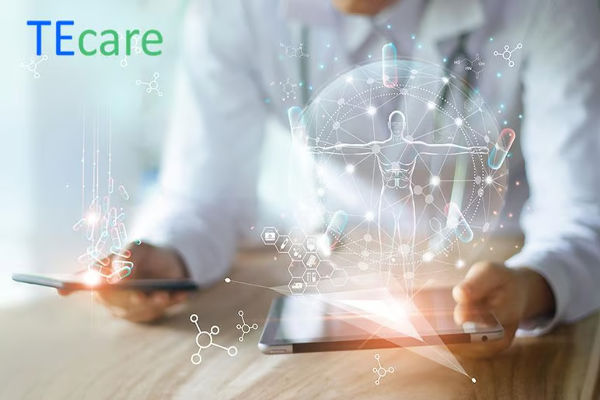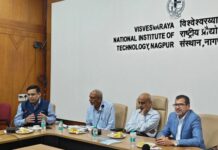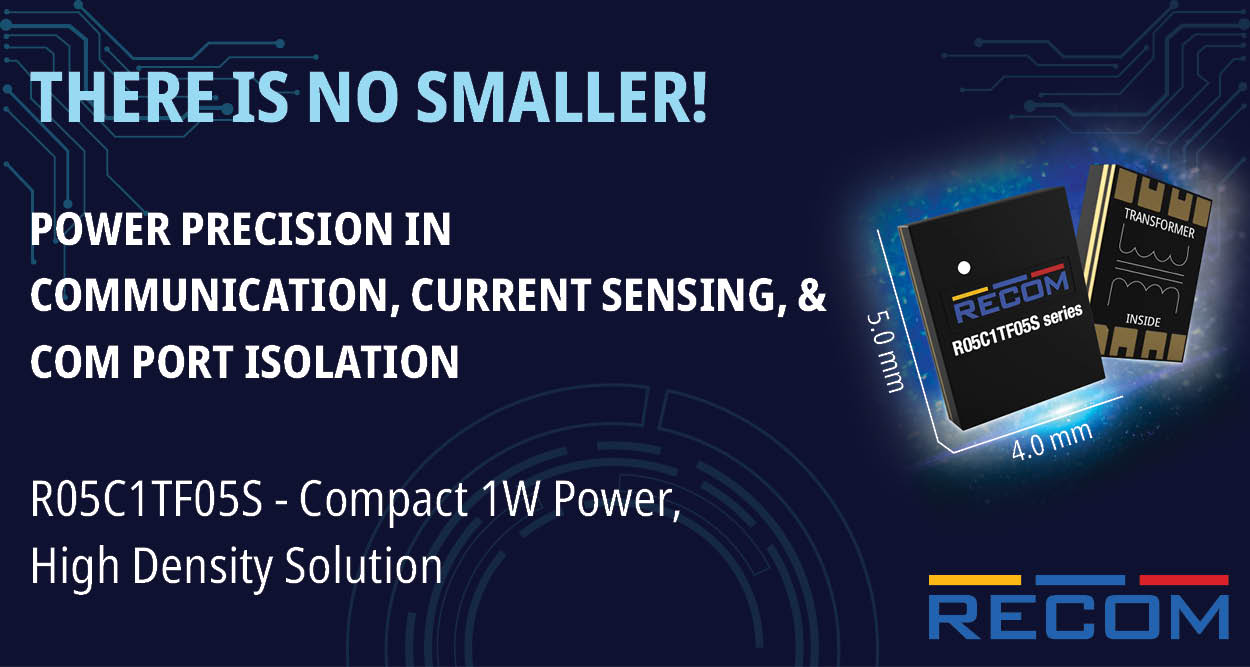Tata Power Community Development Trust (TPCDT) has partnered with Tata Elxsi, a global leader in design and technology services, to drive their “Pay Autention” initiative forward. Leveraging Tata Elxsi’s innovative digital therapeutics (DTx) solution, TEcare, TPCDT aims to accelerate the development of the India Neurodiversity Platform.
This phygital platform is the result of a collaborative effort between Tata Power Community Development Trust (TPCDT) and the National Institute for the Empowerment of Persons with Intellectual Disabilities (NIEPID) and is aimed at supporting individuals with neurodiversity issues, particularly children with autism. It will revolutionise neurodiversity screening, diagnosis, disease management, and care for individuals with special needs.
TEcare, developed by Tata Elxsi, serves as a foundational platform for hosting and integrating various disease-specific DTx modules. With its unified data repository, TEcare simplifies the process of preventing, diagnosing, treating, and managing patients’ medical conditions holistically. Not only does it accelerate healthcare solutions with its built-in features, but it also provides healthcare professionals with access to a wealth of patient data points, enhancing their decision-making capabilities.
Recently, Tata Power Community Development Trust (TPCDT) signed a Memorandum of Understanding (MoU) with NIEPID under the aegis of the Ministry of Social Justice and Empowerment to pilot-test and launch the Neurodiversity Platform. Unveiled at the National Purple Fest in Rashtrapati Bhawan, Delhi, this platform serves as an integrated hub for neurodiversity support in India. The President of India, Smt. Droupadi Murmu graced the occasion with her support and encouragement.
The Pay Autention initiative brings together families, technology, medical institutions, and expert networks, bridging the gap in awareness and accessibility. The Phygital platform makes the entire initiative smarter with screening, diagnosis, and disease management, along with services like training videos and video consultations around neurodevelopmental disorders. It also helps with external integrations with government initiatives like Ayushman Bharat.
Explaining Tata Power’s philosophy, Mr. Himal Tewari, CHRO, and Chief – CSR & Sustainability said, “Recognising the significant impact of Autism Spectrum Disorder, affecting 1 in 100 children, the Pay Autention initiative addresses the critical need for a comprehensive support network. The India Neurodiversity Platform signifies a substantial advancement in efforts to narrow access disparities and cultivate supportive environments for everyone. In line with its commitment to innovation and social responsibility, Tata Elxsi played a pivotal role in the development of this platform.”
Mani Gupta – Delivery Head of Healthcare and Lifesciences at Tata Elxsi said,“The TEcare application is designed to offer a user-centric approach, engaging various personas including Parents, Care Providers (such as Anganwadi workers, School Teachers, and Volunteers), and Medical Professionals (including Doctors and Therapists).
The application features a dynamic assessment and reporting system, as well as an advanced assessment mechanism encompassing a Development Milestone Assessment for screening children with special needs. This ensures continuous monitoring and adaptation to the evolving requirements of the child, making TEcare an invaluable resource for managing and supporting neurodiverse children.
By harnessing the power of digital technology, our goal is to extend our reach and ensure accessibility for individuals across various regions. Backed by the Tata Group’s commitment to volunteering and philanthropy, I am optimistic that this endeavour will grow into a wider collaboration, fostering inclusivity within society and the broader industry.”
The first phase, the neurodiversity platform is expected to onboard around 5,000 users and is directed towards Tier II and Tier III cities with few care providers for neurodiversity with the help of screening and early diagnosis for early intervention. In the current phase, this platform can be accessed on a tab or a computer. A wider rollout on smartphones is expected in upcoming phases.













